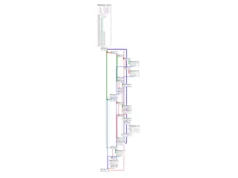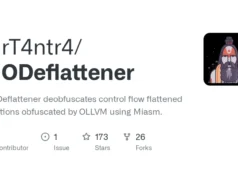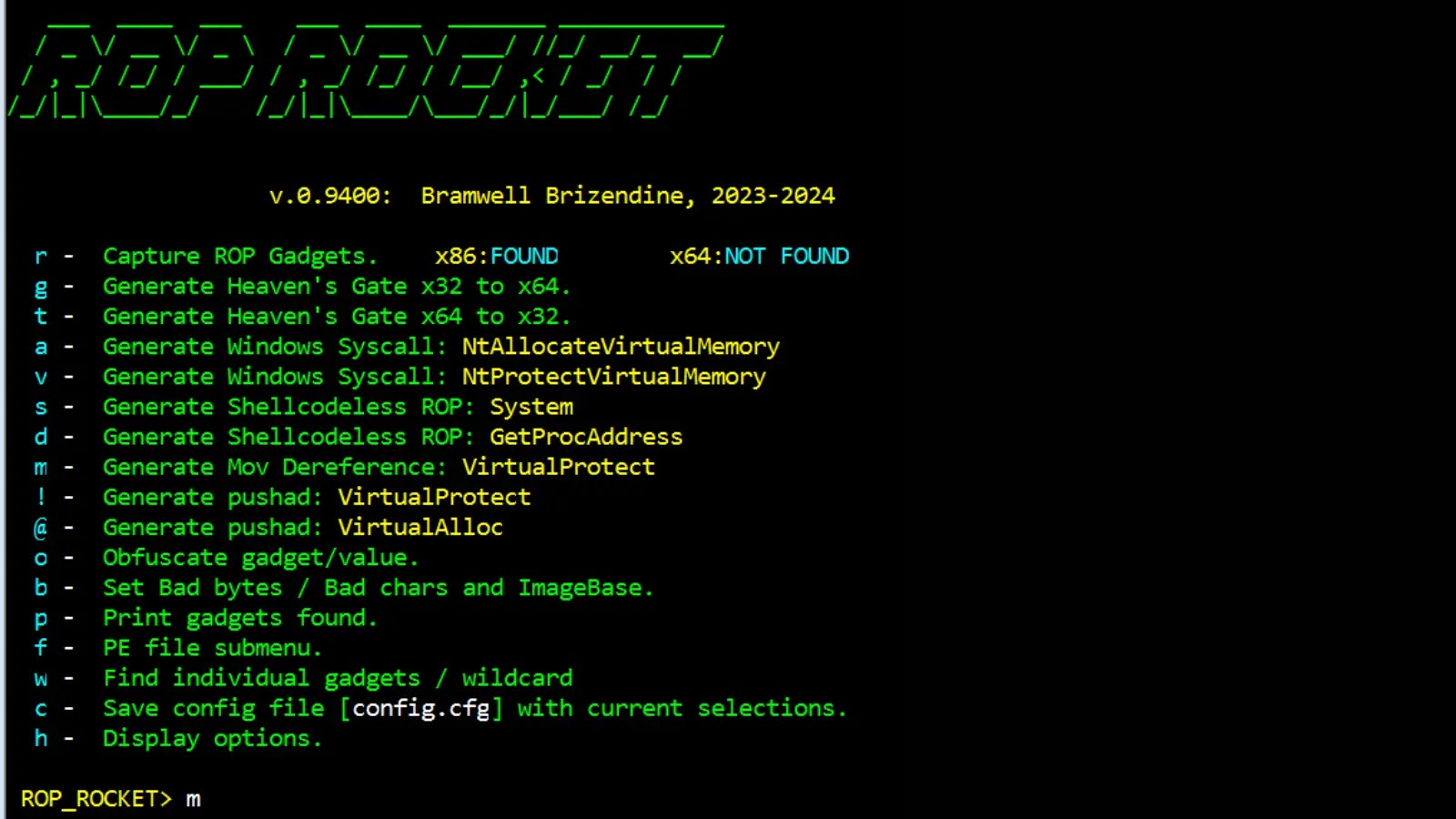Ulfberht is a sophisticated shellcode loader designed to enhance operational security and evasion capabilities in cyber operations.
Equipped with features like indirect syscalls, module stomping, and encrypted payloads, it minimizes the digital footprint on targeted systems.
This article delves into Ulfberht’s functionality, offering a step-by-step guide on its deployment and highlighting strategies to avoid detection.
Ideal for security professionals and red teamers, Ulfberht provides a robust framework for executing payloads covertly.
Shellcode Loader
Features :
- Indirect syscall.
- Module stomping.
- Load a stomped module using APC.
- Execute the payload with a direct jump (jmp) without creating a new thread.
- API hashing implemented using the DJB2 algorithm.
- Payload encrypted with RC4 and encoded in UUID format, implemented directly in the loader without loading rpcrt4.dll.
- No CRT is used.
How to use :
python3 utils.py C:\Path\To\beacon.bin Copy the output in payload.h and build the project
NB :
- If your shellcode lacks evasion features (e.g., Cobalt Strike without UDRL), it can be detected by AV/EDR
Evasion Tips
Compiling this executable and using it directly can be risky, as it may expose potential Indicators of Compromise (IOCs), such as:
- The file was compiled within the last 5 minutes.
- The Import Address Table (IAT) is empty.
Also
- If you’re using a beacon, avoid using an IP for C2 communication. Instead, use a redirector with a good reputation.
- Add an icon to the executable.
- Sign the executable; ideally, use a trusted signature.
- Add delay and sandbox detection.

















